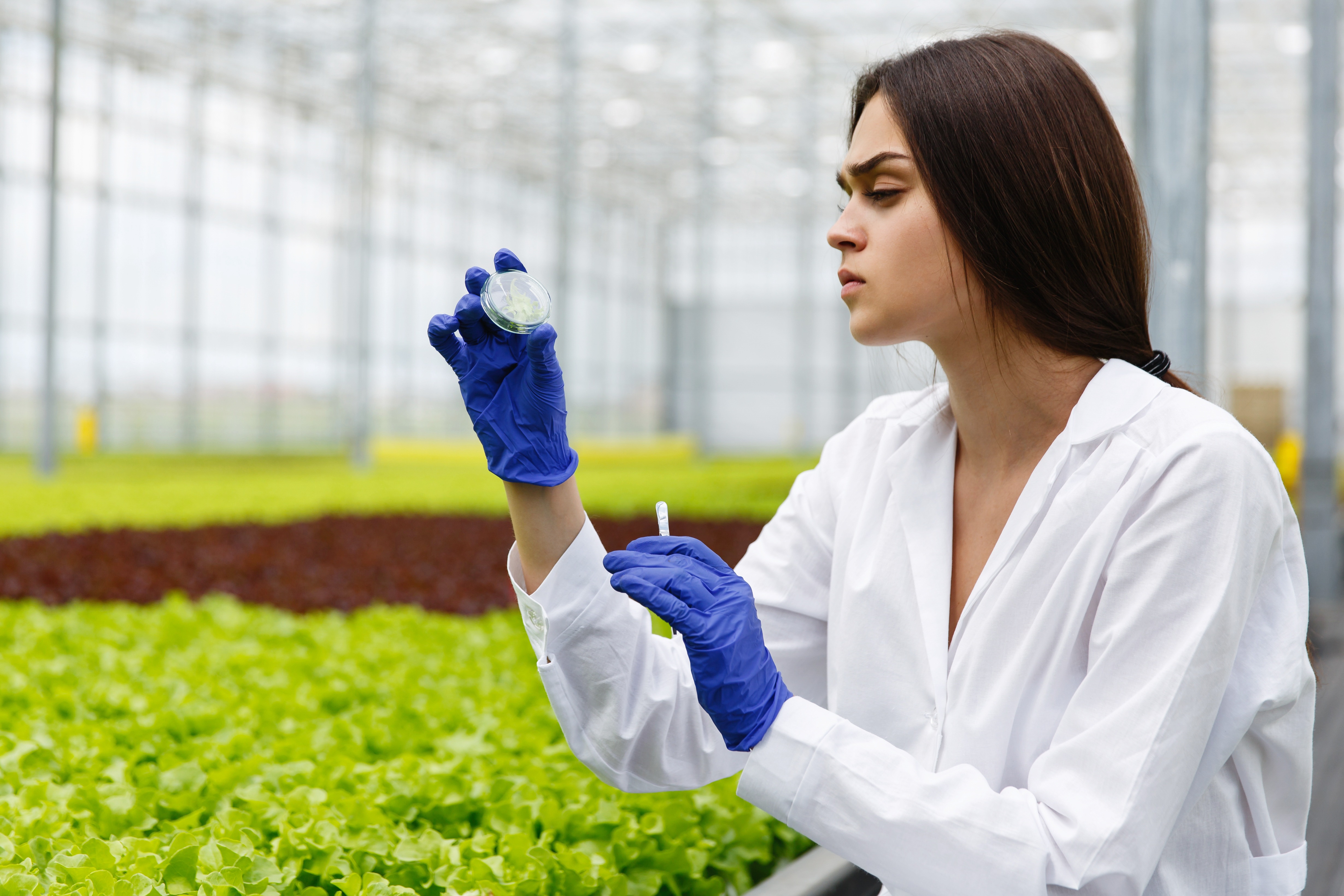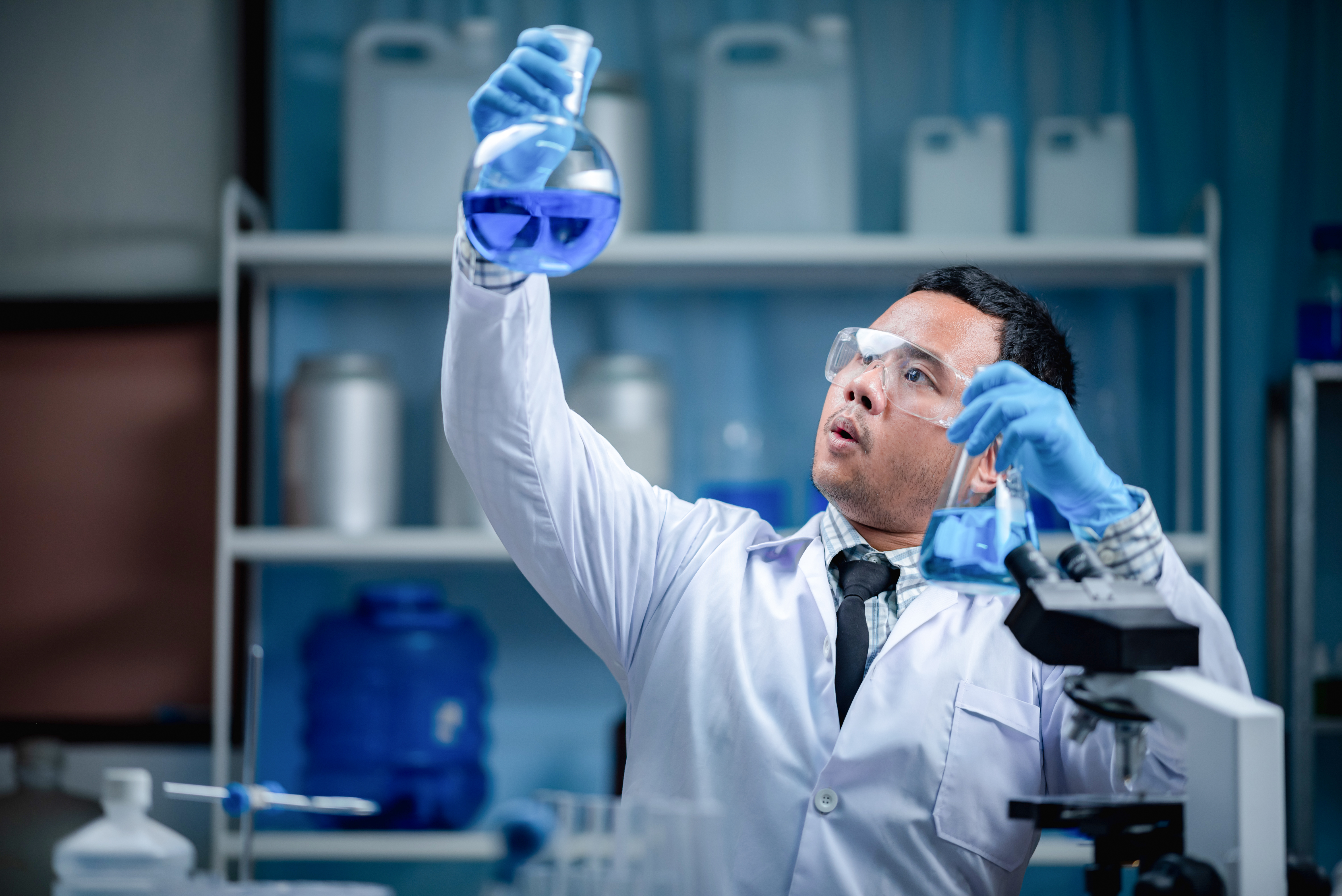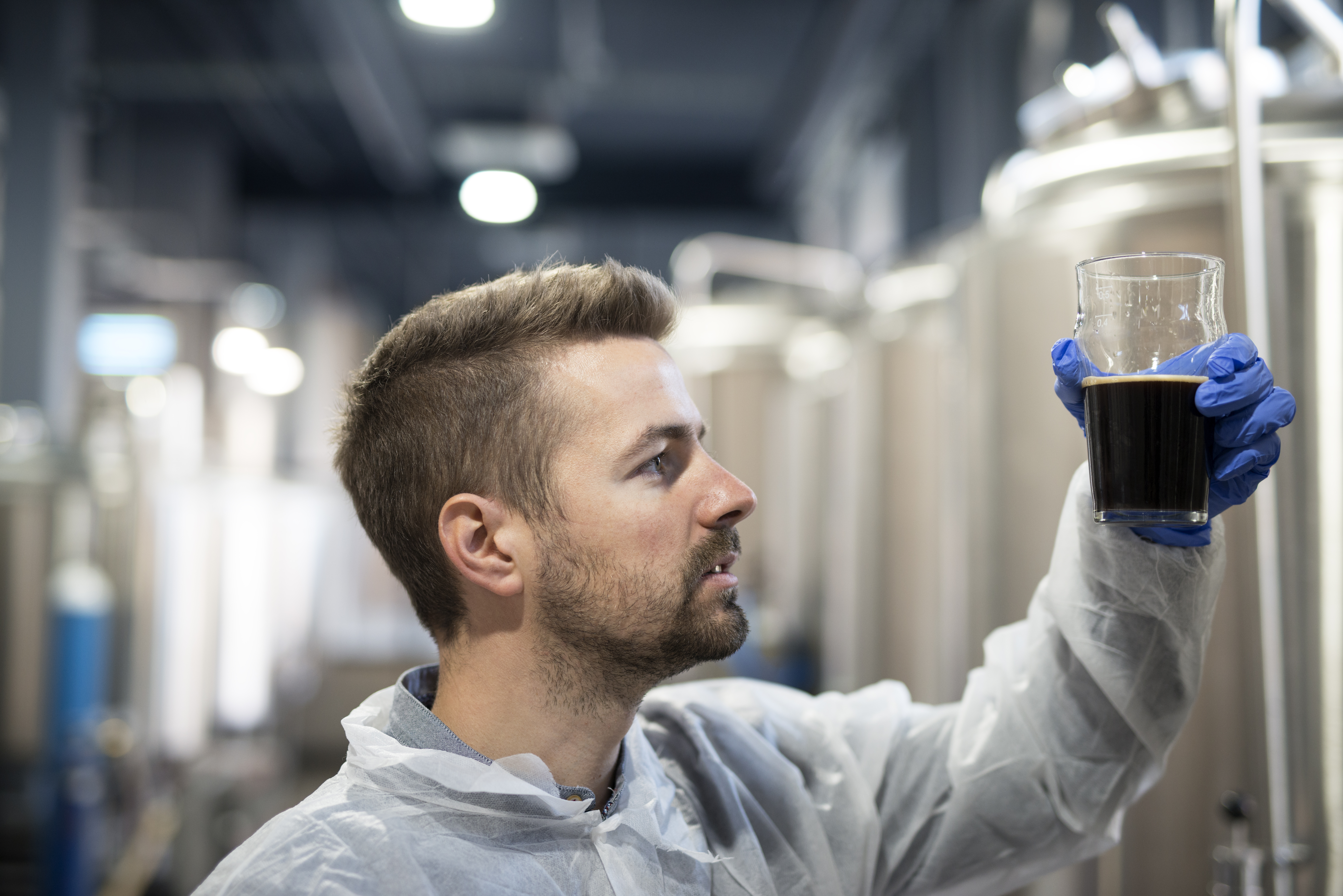Exploring the Green Revolution: Sustainable Practices in the Chemical Industry

The Green Revolution can be said as the introduction of high-yielding crop varieties and the use of fertilizers and pesticides which dramatically shifted the practice of agriculture as we know it. But it was the agriculture of the past. Entering the 21st century & another revolution is taking place, one that emphasizes on sustainability, more specifically amongst the chemicals industry. There has been a shift to go from the ‘take-make-dispose’ system and look at how the environment can be helped instead. The capabilities and outlook of the industry in the long term can be greatly enhanced by adopting greener practices.
The chemical industry in the past few years have been under increasing demand from activists, consumers and political bodies to transition to using sustainable methods of operation. For the most part, Production methods would end up in downsides such as pollution, depletion of natural resources and endangerment of biodiversity. That being said, a lot of companies are starting to pivot by integrating sustainable strategies that have lesser ecological costs.
Achieving greener production practices is one of the most noteworthy advancements that have been made in the Chemical industry. Biochemical sources are becoming a feasible alternative as they are cultivated from plants, carbon dioxide and agricultural waste. This greatly reduces the reliance on fossil fuels and other non-renewable materials. Further, they lower the overall carbon emissions throughout their life cycle as well.
Also, the chemical industry starts adopting the principles of the circular economy concept in greater measures. This means there is an emphasis on the development of products and processes that do not generate waste and utilize resources for as long as possible. By utilizing recycling and reusing techniques, manufacturing companies are able to lessen the extent of raw materials input and the amount of waste produced. For instance, a number of chemical producers are focusing on the development of processes enabling the reprocessing of waste plastics into valuable chemicals thus completing the loops in their production processes.
Industry also includes some sustainable practices as far as energy consumption is concerned. The use of solar, wind and hydropower energy sources is becoming the order of the day. Several chemical facilities are making efforts to produce renewable energy on the premises and this helps to cut down the institutions’ carbon emission ultimately ensuring energy reliability. Companies are able to lessen dependency on fossil fuel and this helps to reduce the volatility of traditional energy markets and also helps stabilize operational costs.
I would argue that novel technology is of the utmost importance to the chemical industry. Industry, of course traditional industries, employs research and development in new industries. For example, the industry has been working on developing plastic along with non harmful substances that could be put in place instead of harmful plastics that have been on the industry for ages. This type of innovation is what an expanding consumer base yearning for environmentally friendly items and also making new laws easier to comply with.
Another Focus Area of Sustainability in the Industry has been Intercompany Collaboration. Corporates are entering into Contracts with Educational and research bodies, non profit organizations and sometimes even competitors to utilize resources and technology effectively. This type of approach allows rapid change across the whole industry since new approaches and solutions are implemented at a fast pace. Projects such as sustainability consortia and Joint Research Multinational Corporations have shown a promising path in creation of all humanity beneficial solutions.
However, it is safe to say that chemical industry practices can be regarded as sustainable only when they ensure transparency. Customers are becoming educated which means they want to purchase from organisations focused on sustainability and ethical behavior. In reaction to this many companies are employing various reporting standards that would allow them to publicize their negative impact on the environment, resource consumption and sustainability targets. Opening up on the way they operate will assist firms in building and retaining trust and loyalty from customers who are inclined towards the protection of the environment.
As we head to the knee of the curve, issues regarding regulation and policy provision seem to be an important area not to be ignored. Enabling legislation in all countries is along the same lines: tighter environmental protections, more encouragement for the adoption of sustainable practices, and green technology advancement. Such policies are critical as they will steer the chemical sector in the right direction in as far as moving towards sustainability is concerned.
Finally, the chemical industry Green Revolution is not only about making the industry more efficient; it is about changing the industry’s environmental performance for the better. Businesses have the opportunity to become more competitive in an environmentally aware marketplace while still promoting sustainable practices. The move toward a more sustainable chemical business is not just feasible; it is essential. As we move forward and continue to apply these practices, it is easier to envisage a time when economic growth and conservational development coexist.



